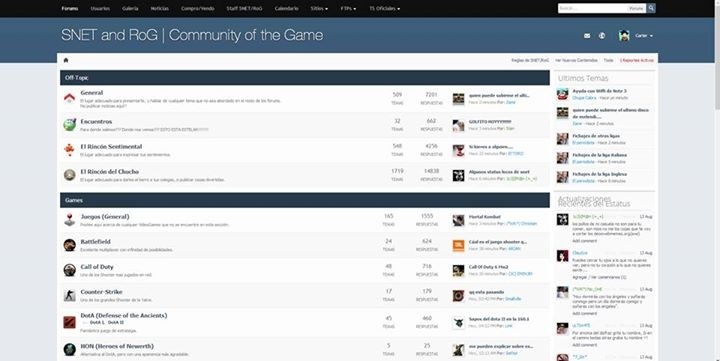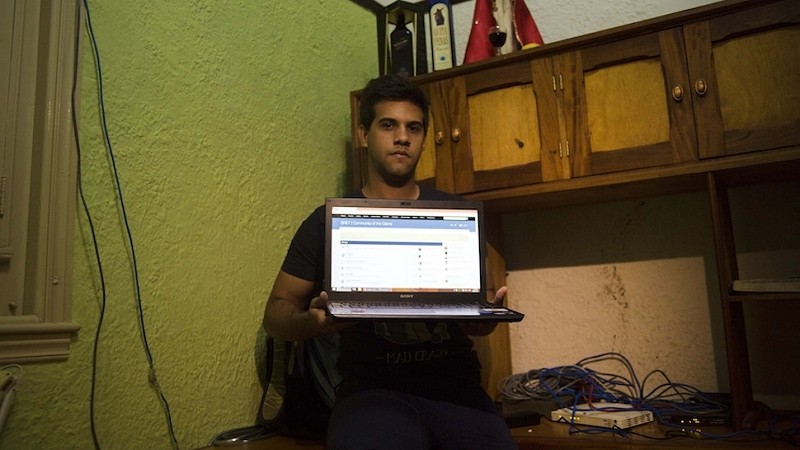Some have argued that Internet access is now a human right but you won't hear such poppycock in Cuba. With home Internet connectivity reserved for a select few and public Internet cafes and hotels charging roughly a quarter of a month's salary for just an hour of web time, it's simply impossible for most to use a service that the majority of us take for granted.
In its absence, however, young Cubans have come up with their own solution. Since 2001, these rebels have created a homegrown version of the Internet called SNet, short for streetnet.

Located in Havana, SNet consists of roughly 9,000 computers connected over a piecemeal network of hidden Wi-Fi antennas and Ethernet cables, some of which are strung over rooftops and city streets.
It's not the real Internet but you may not even notice at first as hundreds can be found playing Call of Duty or World of Warcraft at any given time. Chat rooms are also popular as people enjoy trading photos, telling jokes and even organizing real-world events.
Because using Wi-Fi equipment without a license in Cuba is illegal, SNet is technically an illegal operation. But those that helped build the network - like 22-year-old Antonio Broche Moreno - say the government is aware of its existence. So long as users respect Cuban law, it is permitted.
The service is more or less self-governed by volunteer administrators to make sure everything is on the up and up. Its users aren't allowed to share pornography, discuss politics or link to the real Internet. Those that don't abide by the rules are banned from the network.
